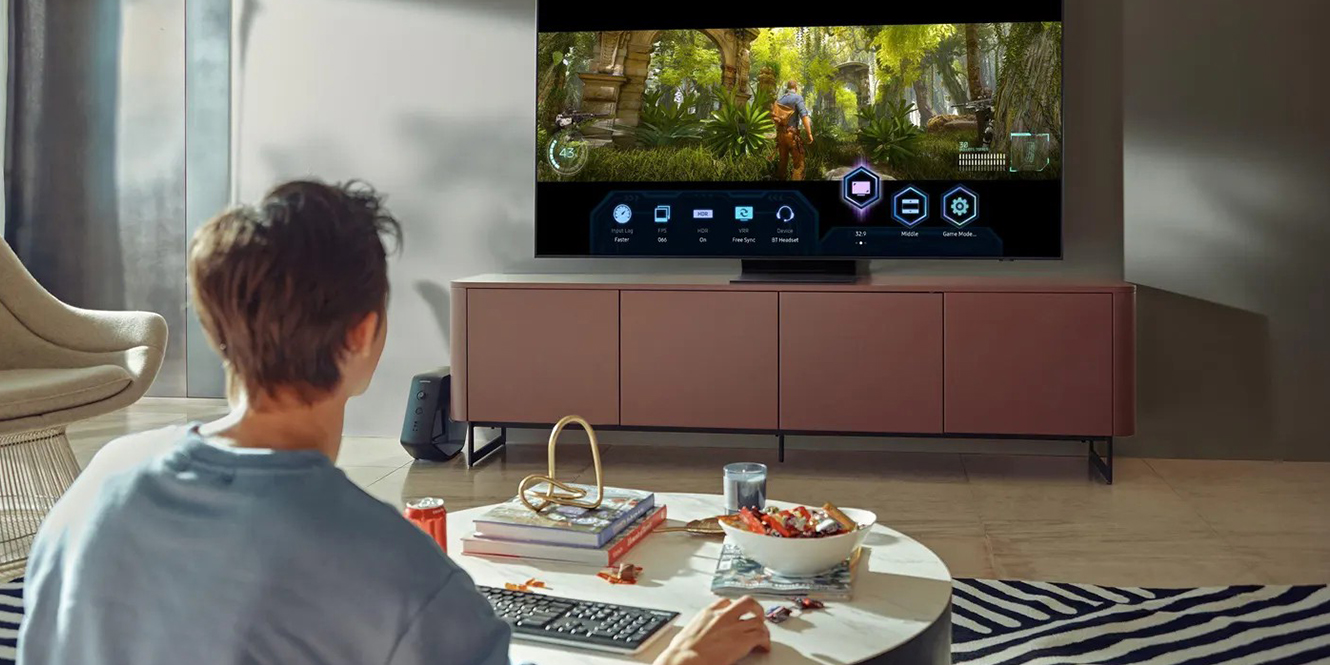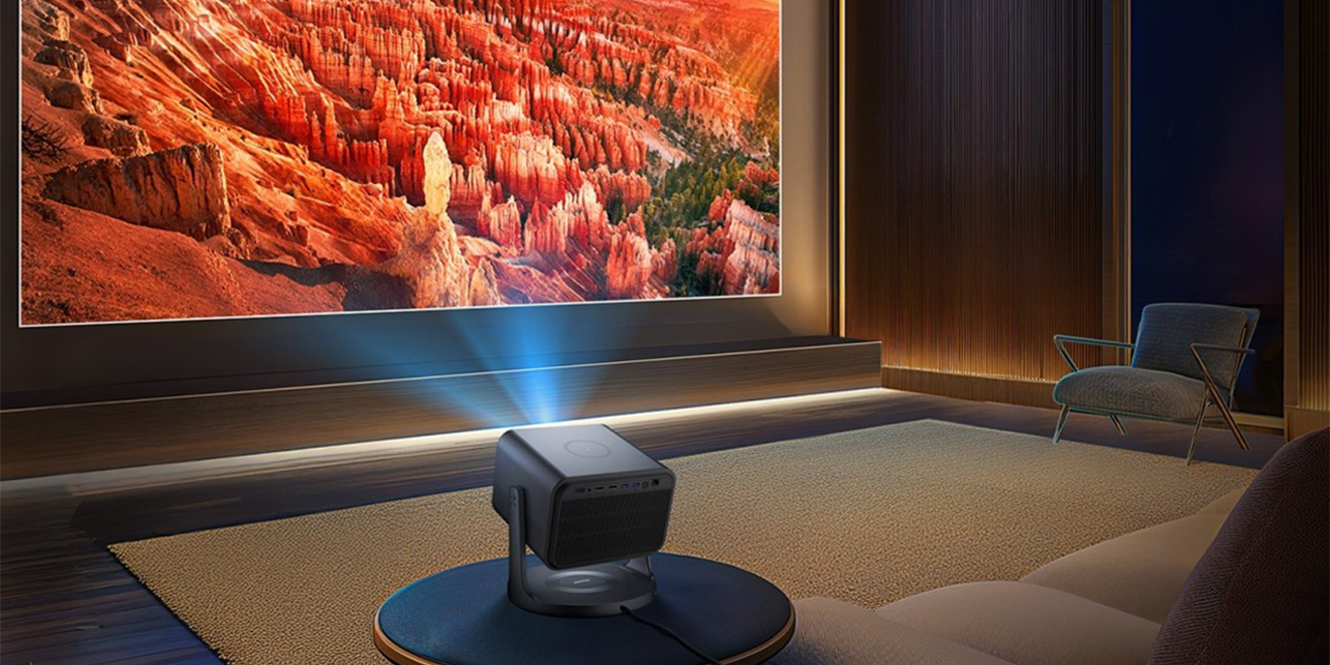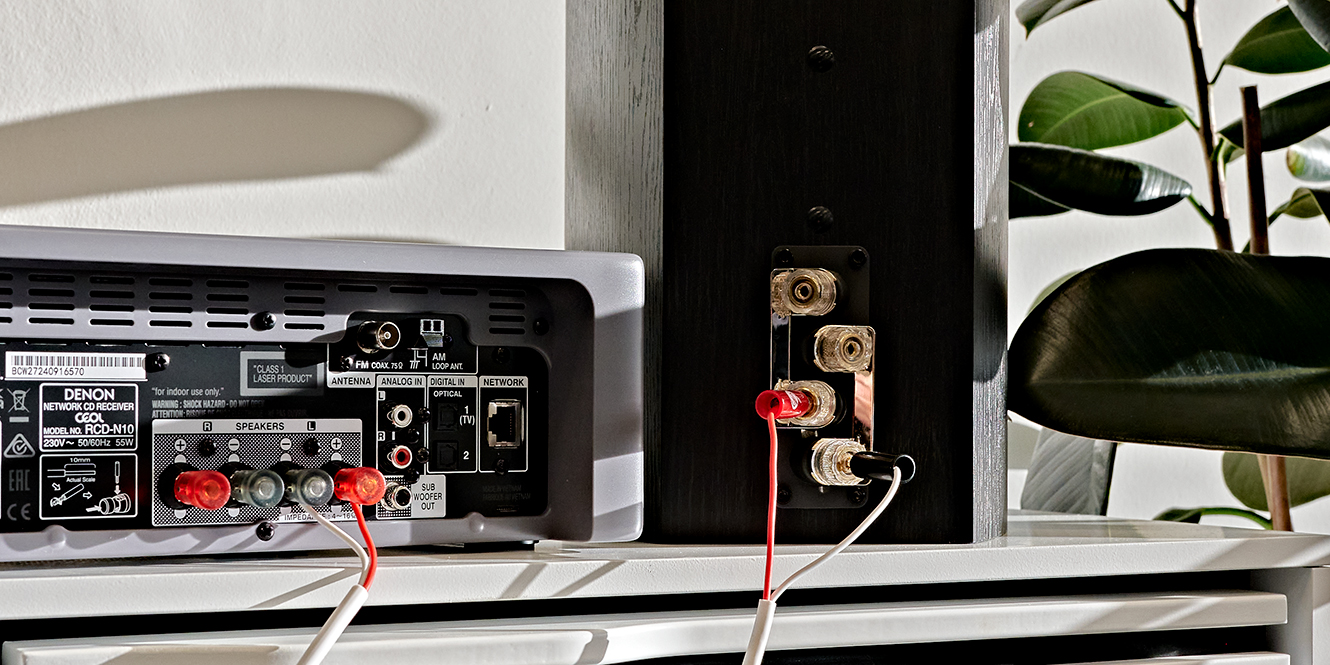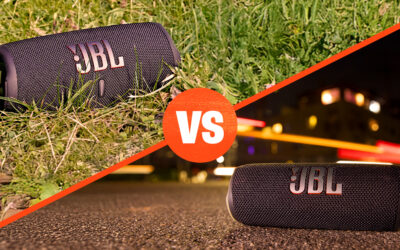In the ever-evolving world of gaming, having the right equipment can make a significant difference in your overall gaming experience. While gaming consoles and PCs are essential, the choice of a gaming TV is equally crucial.
With numerous options available on the market, selecting the best TV for gaming can be daunting. However, fear not! In this article, we will guide you through the essential factors to consider when choosing a gaming TV that will take your gaming sessions to the next level.
Display Technology
LCD (Liquid Crystal Display)
LCD TVs offer excellent brightness, wide viewing angles, and high refresh rates. Look for models with a low response time and high refresh rates (120Hz or higher) to ensure smooth gameplay.
OLED (Organic Light-Emitting Diode)
OLED TVs provide deep black levels, vibrant colors, and infinite contrast. They also offer faster pixel response times compared to LCD. While slightly more expensive, OLED TVs deliver stunning visuals and are ideal for immersive gaming experiences.
QLED (Quantum-Dot Light Emitting Diode)
QLED TVs provide exceptional colour accuracy and saturation by wrapping each pixel in a sheet of Quantum-Dot technology the light from the LED backlight panel behind is ‘purified’ before hitting the pixel itself. This widens the colour gamut and creates a near-infinite number of possible colours and shades allowing for increased accuracy in colour reproduction.

Resolution and HDR
The resolution of the TV determines the level of detail you’ll see in your games. The most common resolutions available are Full HD (1080p), Ultra HD (4K), and recently, 8K.
Full HD
Suitable for gamers on a budget or those who prioritize high frame rates over resolution.
Ultra HD (4K)
Offers a significant leap in detail and clarity, providing a more immersive gaming experience. Look for a TV with HDR (High Dynamic Range) support, as it enhances colour accuracy and contrast for more vibrant visuals.
8K
While still relatively new and expensive, 8K TVs provide unparalleled detail, making it an excellent choice for enthusiasts and early adopters.
Input Lag and Response Time
When it comes to gaming, input lag and response time are crucial. Input lag refers to the delay between pressing a button on your controller and seeing the action on the screen. Response time measures how quickly pixels can change from one color to another, reducing motion blur.
To ensure a seamless gaming experience, look for a TV with low input lag (aim for 20ms or less) and a fast response time (preferably below 5ms). Some TVs also offer a specific gaming mode or variable refresh rate technology, such as AMD FreeSync or NVIDIA G-Sync, which further minimize input lag and screen tearing.
Connectivity and Features
Consider the connectivity options available on the TV. Ensure it has enough HDMI ports to connect your gaming console, PC, or other gaming devices. Additionally, look for TVs with HDMI 2.1 ports, as they support higher bandwidth and features like Variable Refresh Rate (VRR) and Auto Low Latency Mode (ALLM).
Other features to consider include built-in Wi-Fi for online gaming, smart TV capabilities for streaming services, and the availability of gaming-specific features like Game Mode, which optimizes the TV settings for gaming performance.

Size and Viewing Distance
Choosing the right TV size is essential for an immersive gaming experience. Consider the size of your gaming room and the viewing distance. Opt for a size that provides a comfortable viewing experience without straining your eyes or losing visual detail. A general guideline is to aim for a TV that fills around 30-40 degrees of your field of view.
Conclusion
Selecting the best TV for gaming requires careful consideration of display technology, resolution, input lag, response time, connectivity, and size. By focusing on these factors and assessing your individual preferences and budget, you can find the perfect gaming TV that enhances your gameplay and immerses you in a world of stunning visuals and fluid motion. Invest wisely, and get ready to level up your gaming experience like never before!













0 Comments